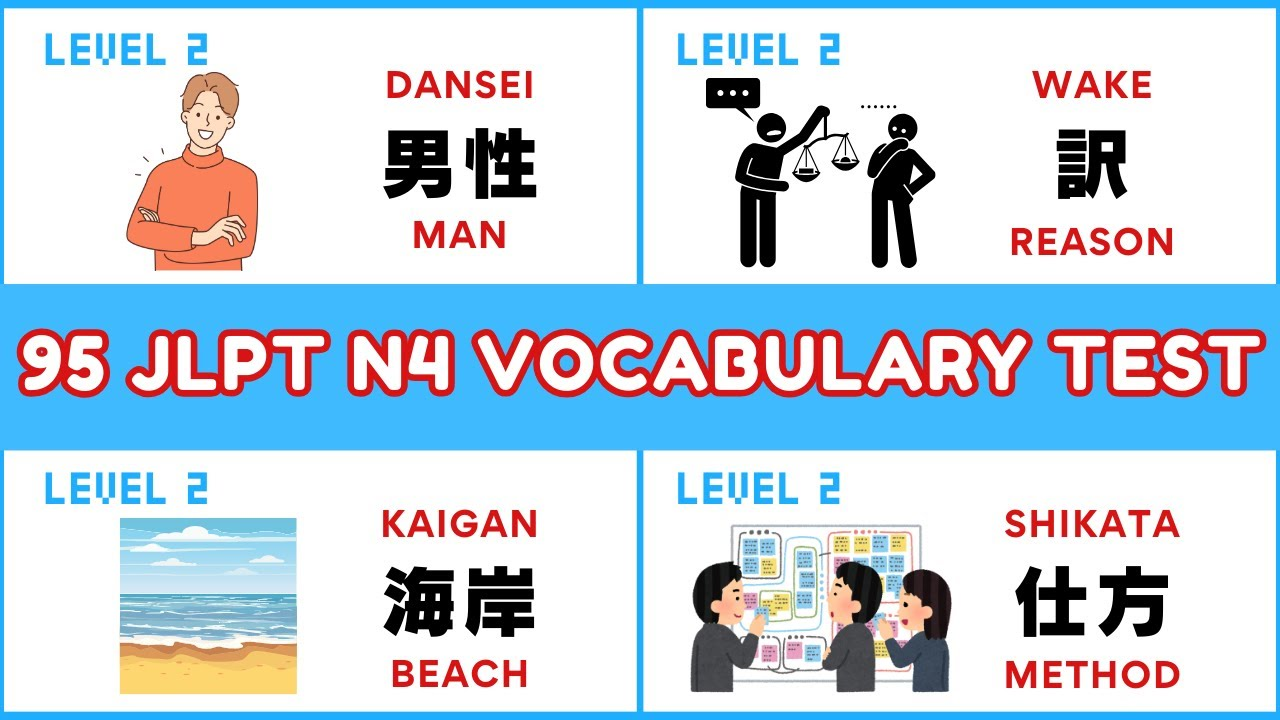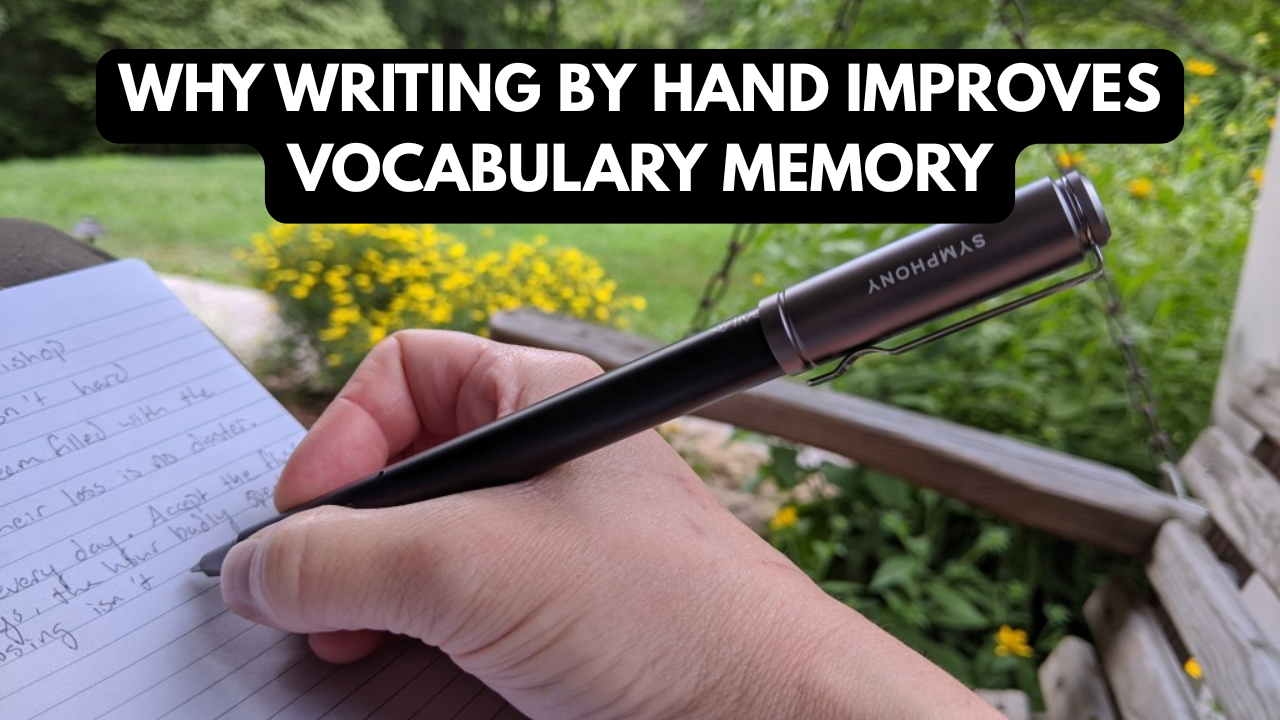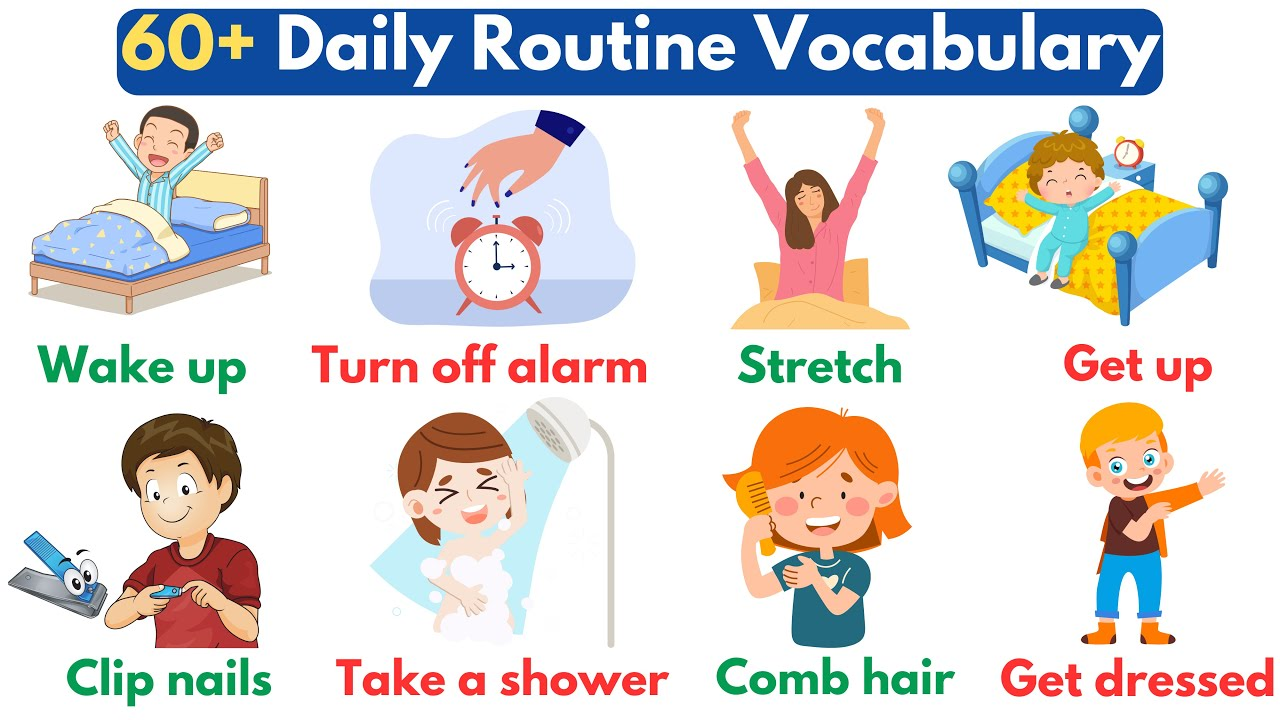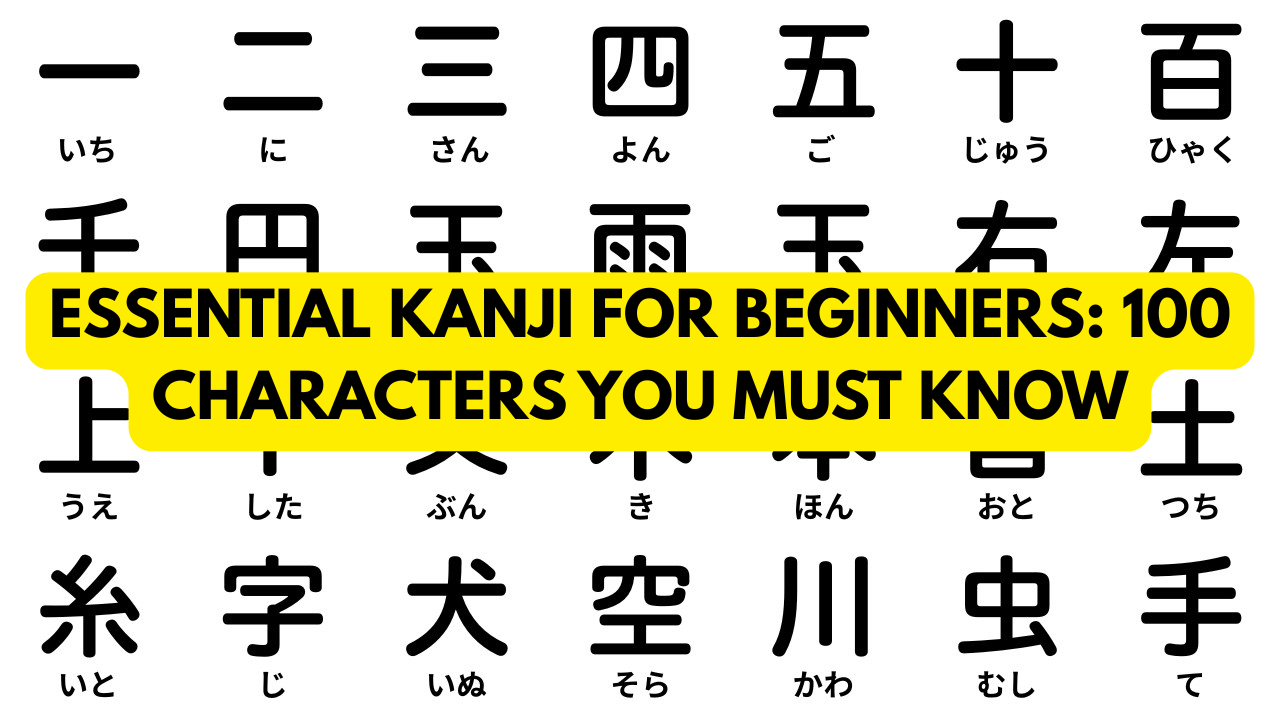Comparing JLPT N5 and N4 Vocabulary: What Changes?
Many learners wonder what the real difference is between JLPT N5 and JLPT N4 vocabulary. At first glance, both levels cover “basic” words, but the jump from N5 to N4 is bigger than it seems. Moving to N4 means more words, more kanji, and greater focus on nuance and grammar patterns that rely on vocabulary … Read more










